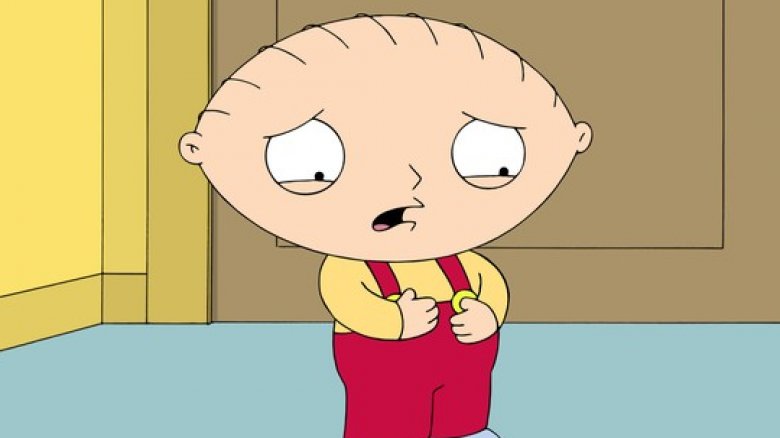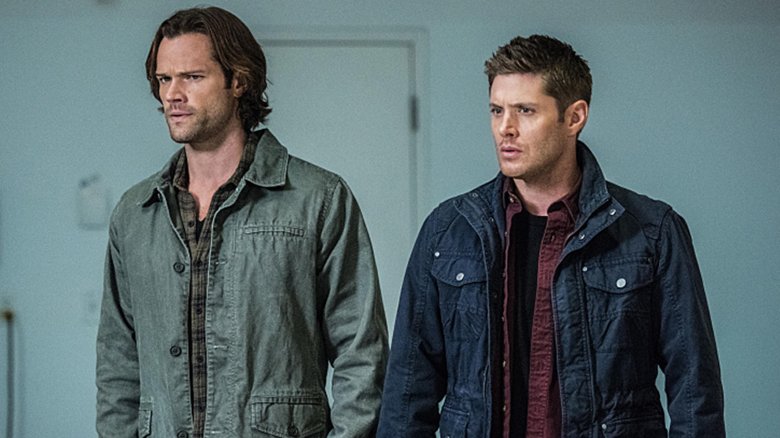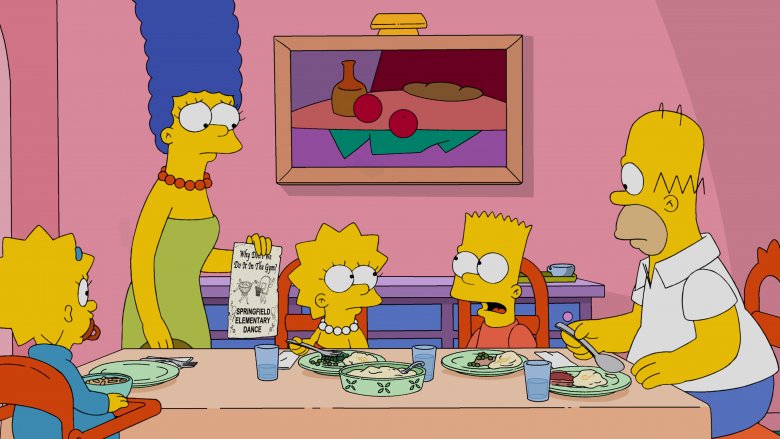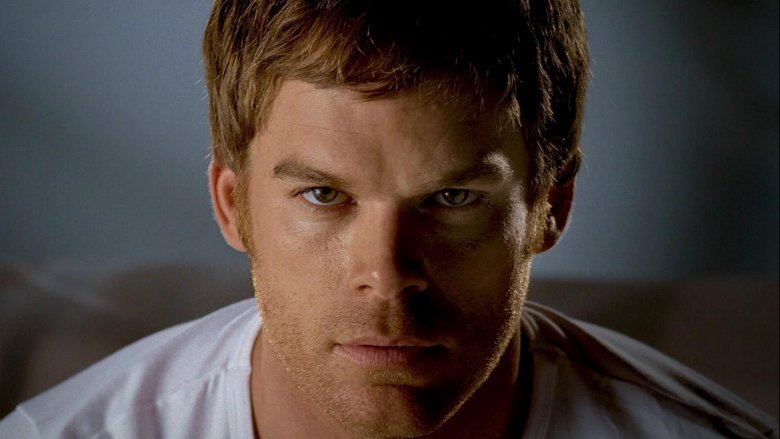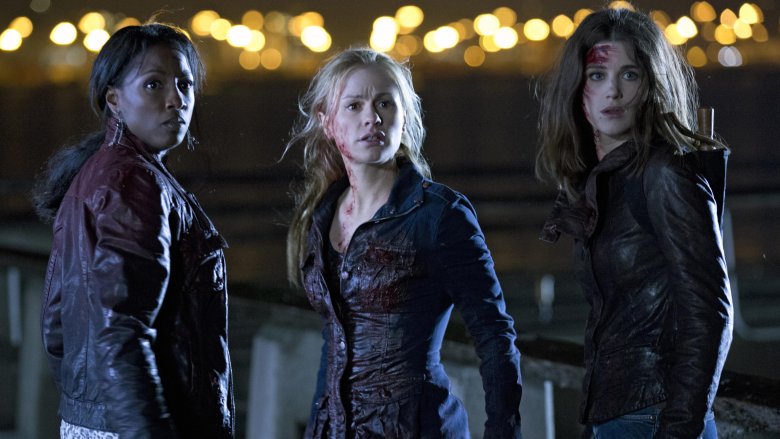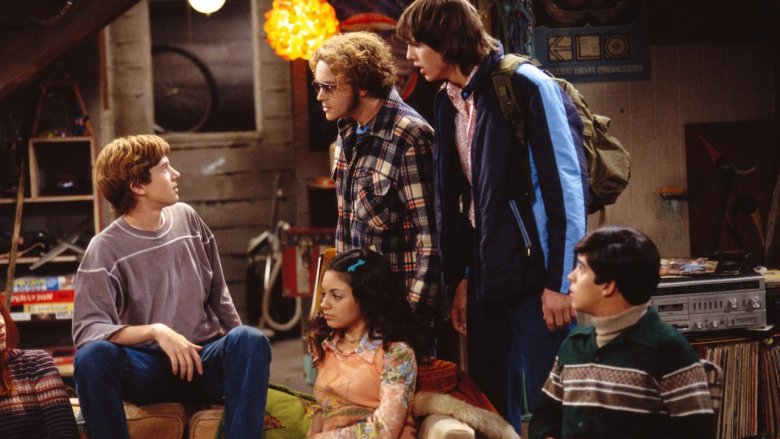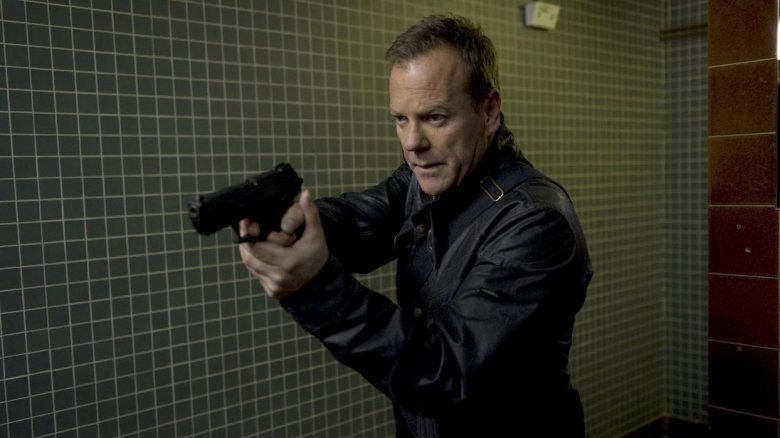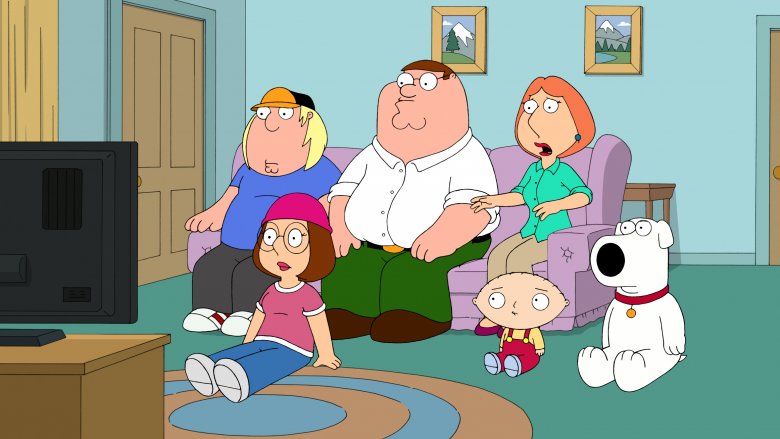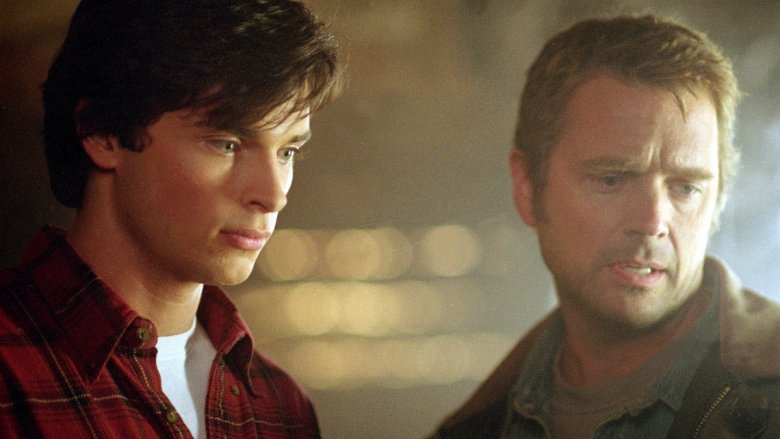TV Shows That Would Be Better If They'd Ended Earlier
When a show is canceled before its time, fans can mourn the loss for years—but on the bright side, at least those series never had a chance to overstay their welcome. There's no universal set point at which a show crosses that point of no return; it varies with genre, story, and situation. But as any hardcore TV fan can tell you, there's only one thing worse than a bad show: a good one that's allowed to stick around too long and ends up going bad. Here's a look at some long-running series that would have been far better if they'd had their plugs pulled sooner.
Supernatural (2005-present)
Under showrunner Eric Kripke, Supernatural was a whip-smart action-horror series drawing from mythology, horror cinema, and classic westerns. Kripke's sensibilities allowed for some genuinely stellar genre television, with the show building the journeys of brothers Sam and Dean Winchester organically from the hunt for their missing father to, in the fifth season, trying to prevent the literal Apocalypse. It rarely lost its footing over those first five years as the world and the story grew. And the Season 5 finale served as the perfect ending to the story Kripke set out to tell.
Except it wasn't the end. The show was picked up for a sixth season despite plans to end it, Kripke left, and it's been through a number of showrunners since, taking the story completely off of the rails. Watching it now is like watching fan fiction for the original five seasons. It's irreparably damaged the show's legacy, yet against all odds, it doesn't show any signs of slowing down—and if the CW has anything to say about it, it won't.
The Simpsons (1989-present)
Honestly, the idea of living in a world in which new episodes of The Simpsons aren't being produced is uncomfortable to contemplate. Entire generations have grown up with this show being one of the only constants on television; it's outlasted everything from talk show hosts to presidents, and not without good reason. The show's first several years contain some of the most culturally resonant television of all time. Bart, Marge, Homer, Lisa, and Maggie are an American institution, right down to having their own theme park world.
But when was the last time The Simpsons was must-see television? It could be argued that it's been at least 15 years since the show's peak. And to be fair, a show that runs for 29 seasons is going to have some episodes that end up being clunkers—but this series seems to have been treading water for the better part of almost two decades, a decline that started during the ninth season and has never been fully reversed. Sometimes you've gotta know when to quit, and as well-loved as The Simpsons is, the unfortunate reality is that many fans would likely hardly notice it being gone at this point.
Scrubs (2001-2010)
Scrubs was a lot of fun when it debuted in 2001. The series took a setting usually reserved for drama (a hospital) and used it for a quirky comedy with plenty of heart. It's rare that a show can make its audience laugh out loud while also contemplating the complexities of life, death, and love, but Scrubs made it work.
It also floundered quite a bit after its first four seasons. The show seemed to lose some of its charm around the middle of its run, with character quirks that were once endearing becoming annoying—protagonist JD's on/off romance with his friend Elliot got particularly tiresome. NBC eventually put the show on hiatus and ABC subsequently picked it up for its eighth season—shortly after which it lost the majority of its cast, turning its ninth (and final) season into something of a botched spinoff. Amidst this chaos, the show lost its voice and just wasn't as fun to watch. It did manage to send the main characters off on a good note, but the stink of the last few years, and of that ill-fated ninth season, remain.
Dexter (2006-2013)
When a show's driving premise is the tension between whether the main character can keep up a façade, its running time is inherently limited. Breaking Bad is a great example, capping its story about a suburban dad who's secretly a drug kingpin at five seasons. When Dexter started the story of its titular police department crime scene analyst who doubles as a serial killer, it was exceptional; its first few seasons balanced the plot wonderfully, constantly reminding viewers that Dexter could be caught at any moment.
But as the show went on, the plots became more and more outlandish. Season 4 was arguably the last that worked, with subsequent seasons seeing everything from Dexter taking on a sidekick to a romantic subplot with his adoptive sister. By the time the show's finale aired, it had been running on fumes for years. The first half of Dexter is some of the best the golden age of television has to offer. The back half, unfortunately, is some of the worst.
True Blood (2008-2014)
HBO does pulse-pounding, intelligent drama like no other, but it's also responsible for one of the most out-and-out fun TV shows of the modern era: the sexy, witty vampire series True Blood. It told the story of a small-town waitress named Sookie Stackhouse who becomes entwined in the world of vampires via 173-year-old bloodsucker Bill Compton, with whom she strikes up a compelling romance. The show was, at all the right times, fun, romantic, frightening, and mysterious. As it went on, it became a ratings juggernaut and garnered Emmy and Golden Globe nominations.
As time went on, though, the show started to prioritize its supernatural stories over its characters, growing to include werewolves, fairies, witches, and more. Before long just about everyone on the show was something more than human, and its plots grew more complicated and contrived. By the final season it was hardly recognizable, and its critically lambasted finale proved a particularly disappointing end. True Blood was at its best when it was at its simplest, and after its first few years, it completely lost sight of its strengths.
That '70s Show (1998-2006)
That '70s Show ranks among the best old-school sitcoms of its era. The show boasted some genuinely funny writing and an ensemble cast with great chemistry, and watching Eric Foreman and his friends grow up in the age of Led Zeppelin and Star Wars is still a delight—provided you're watching episodes from the first four seasons.
The show's fifth season saw its protagonists graduate high school, and the show seemed to have no idea what to do with them after that. It stalled Eric and his girlfriend Donna going off to college and started a storyline about their engagement and subsequent wedding, which didn't happen as planned. Seasons six and seven drifted, and the eighth season saw the departure of actors Topher Grace (Eric) and Ashton Kutcher (Kelso), which permanently disrupted the chemistry of the cast. With nowhere to go from there, the show ended—but not before trying to fill Eric's spot in the group with Randy, a new love interest for Donna. At that point, the show was practically unrecognizable, and while those first few seasons are still infinitely rewatchable, it's a shame the show's legacy suffers from its not knowing when to call it a night.
24 (2001-2010, 2014, 2017)
24 was something of a revelation when it premiered in late 2001. The show followed the adventures of Jack Bauer, a tough-as-nails counterterrorism agent who would do anything—even torture and kill—to get the job done. It could have been cartoonish, but star Kiefer Sutherland made Bauer a magnetic, compelling onscreen presence. Additionally, the show took place in real time, every episode marking one hour out of a 24-hour period in the life of Bauer and his fellow agents.
Unfortunately, by its fourth season, the show had started testing viewers' suspension of disbelief. Villain Habib Marwan always seemed to be two steps ahead of Bauer, to the point that it strained credulity. The series started resorting to ridiculous twists to keep viewers interested, eventually going so far as to reveal the President of the United States was a double agent. By 2010, the public's appetite for a fictional one-man army against terrorism had waned. A subsequent effort to revive the franchise didn't go over as well as it might have a decade earlier, although the 2014 miniseries was relatively well-received. 24 now serves as a reminder that if you have the opportunity to go out on top, you should take it.
Sons of Anarchy (2008-2014)
A seven-season run might not seem too long in the grand scheme of things. It's generally a pretty solid length for a TV show, especially a drama like FX's Sons of Anarchy. It started out pretty great, too, so you'd think seven seasons wouldn't be too many. Right?
Wrong. The show's premise when it started was, effectively, "Hamlet with motorcycles." It wore this influence proudly on its sleeve and largely anchored the story around traditional themes and story beats. But sometime during the fourth season, it lost its way, veering into territory that more resembled a ripoff of Breaking Bad than Hamlet. The show turned sadistic, with numerous characters getting murdered and tortured with unnecessary brutality, none of which felt earned or necessitated by the story. It kept all of the misery of its source material without earning any of it. Sons of Anarchy started out with promise, but by the end of its run, many fans were very much ready to bid it "Goodnight, sweet prince."
Family Guy (1999-2002, 2005-present)
Had Family Guy never been brought back from cancellation in 2002, it might have been able to hold on to its status as a beloved cult favorite thanks to years of airing in syndication on Adult Swim. But in 2005, the show was brought back by Fox, and it's been on the air ever since. Admittedly, it came back strong, but it's suffered a precipitous creative decline over the last decade.
Rather than evolve and grow, the show has practically regressed, and at this point, it almost plays like a parody of itself. These days, it takes a stunt like a crossover with The Simpsons to get the show any sort of real attention, and creator Seth MacFarlane has even said point blank that he never wanted the show to go on this long. While those early seasons may hold nostalgic value for former late-night Adult Swim viewers, the show in its current state is widely regarded as lowbrow shlock.
Smallville (2001-2011)
Before Arrow, The Flash, or Supergirl, there was Smallville, a show that took a teenage Clark Kent and stuck him in the middle of a top-tier high school soap opera. The show's first few seasons were must-watch television, melding superhero sensibilities and Degrassi: The Next Generation-levels of trashy teen drama histrionics. It was just as fun to wonder week-to-week what Clark's best friend Lex Luthor's evil dad was up to as it was to relish the will-they-won't-they chemistry between Clark and his other best friend, Lana Lang.
Unfortunately, the show's legacy has been permanently tainted by the middle stretch of its ten-season run. The showrunners exhausted the potential of "Superman as a high school student" after about four seasons and were soon treading water and throwing every totally bonkers (and not in a good way) plot thread at the wall and hoping something would stick. A particular low point involved Lana faking her own death after a marriage to Lex. The show's last three seasons actually managed to be pretty charming, with a shift in emphasis to superhero theatrics over soapy drama, but by then it was too late. It went out on something of a high note, but that note could have been even higher if it had ended about five years earlier.
